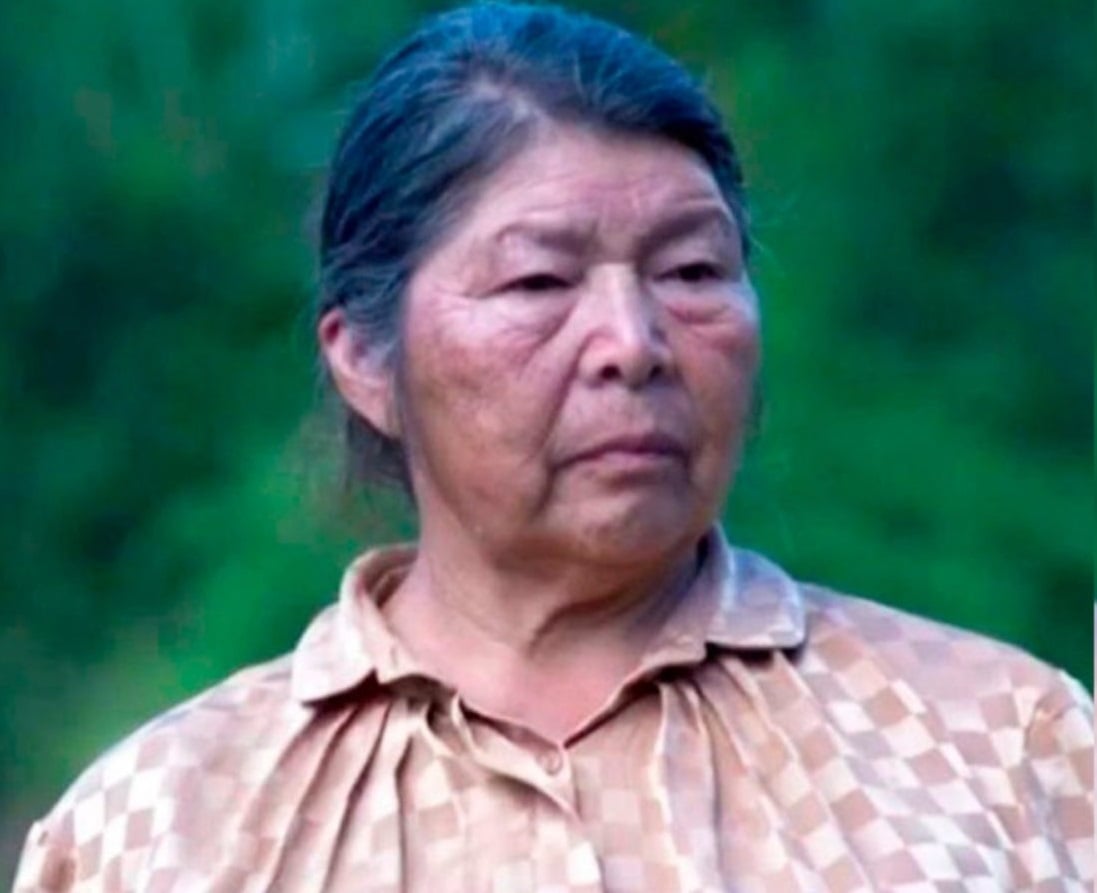Two-tier justice in Chile

The enforced disappearance of Julia Chuñil Catricura, a 72-year-old Mapuche leader and environmental defender, has become a stark symbol of structural discrimination in Chile. Eleven months after she vanished in Máfil, the investigation is moving at a glacial pace, in jarring contrast to the speed seen in other cases of comparable gravity that warranted the same urgency and national attention.
The most compelling evidence—a wiretapped call in which the prime suspect, Juan Carlos Morstadt, says “they burned her”—has been treated with startling indifference by prosecutors, who have relegated this crucial lead to the background, according to the family’s attorney, Karina Riquelme.
While evidence against Morstadt is downplayed, the prosecutorial apparatus has veered the other way: criminalizing the victim’s own family. As outlined at a press briefing, the use of “witnesses with protected identities against them” underscores a pattern of re-victimization and alleged staging that had already been denounced. This is not a mere institutional error but the expression of a justice system that, as Hassan Akram de La Voz de los Que Sobran argued regarding state racism in the investigation into Julia Chuñil’s disappearance: “The judiciary hands down longer sentences to Mapuche people, and they also face discrimination in the workplace. The problem of two justice systems becomes evident in cases like this (Julia Chuñil).”
The disparity in treatment becomes glaring when compared with the case of former Venezuelan serviceman Ronald Ojeda. In that case, National Prosecutor Ángel Valencia held multiple press conferences, announcing milestones such as “on Monday we will be able to attribute direct participation to a group of 16 individuals.” The investigation, publicly backed by Interior Minister Carolina Tohá—who said the “politically motivated thesis” had support, as highlighted by Diario UChile on January 22, 2025—was the basis for formally submitting background to the International Criminal Court to create a “joint investigation team”.
The contrast could not be clearer. While the Ojeda case prompted the Foreign Ministry and the Prosecutor’s Office to engage international forums—including the global press—the response from Prosecutor Valencia to the leaked audio in the Chuñil case was to open an “investigation into the leak” on October 2, reported Tele 13.
His statement that “I can neither confirm nor deny the existence of that evidence” and that what was published is a “partial and skewed account” signals a clear priority: preserving the secrecy of the case rather than aggressively pursuing a lead that could clarify the victim’s fate.
The media blackout—denounced by Ale Valle on La Voz de los que Sobran: “The case of Julia Chuñil is silenced by corporate media, even though the Inter-American Court has already condemned the Chilean State for a racist and unjust justice system.”
In Julia Chuñil’s case, corporate outlets appear to reinforce this hierarchy of victims. Coverage of the Ojeda investigation was massive and sustained, with police operations touted as “an important blow to a criminal organization.” Meanwhile, Julia’s disappearance—despite prior threats from a landowner and repeated complaints by her family—was treated as a local matter, without comparable urgency or resources, and its omission from the National Prosecutor’s public report was categorical. Not a single word about Julia Chuñil.
Even President Gabriel Boric’s remarks on October 2, 2025—calling for “the whole truth to be known, because in Chile there can be no room for impunity”—ring hollow against months of concrete inaction.
The public statement from Julia Chuñil’s family, dated September 30, 2025, is a cry of pain that encapsulates this injustice. With “deep sorrow in our hearts,” they demand that the suspect be investigated and that “this person return Julia Chuñil Catricura to us.” Their fight is not only to find their loved one, but to ensure her case is “etched in history as a symbol of Mapuche struggle and resistance.”
The State’s differential response in these two cases is not an anomaly; it is empirical evidence of institutionalized state racism. A system that mobilizes every national and international resource for a victim who fits a geopolitical narrative, while neglecting the case of a Mapuche woman whose environmental advocacy challenges local economic interests, cannot claim impartiality.
Set against other cases of similar gravity, Julia Chuñil’s disappearance exposes that Chile effectively operates two systems of justice.









